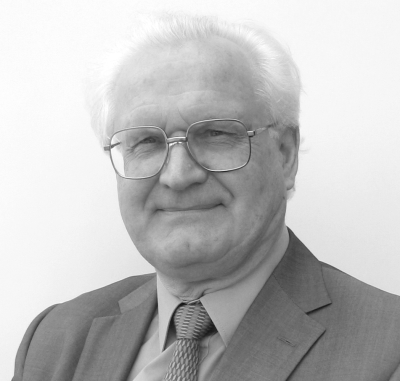
Rapid Progress with Pure Electric Buses
by Dr Peter Harrop, Chairman, IDTechEx
China is where most of the hybrid and pure electric buses will be made and sold over the coming decade, as discussed in the report by IDTechEx Research, Electric Buses 2015-2025. Given the concentration of government support on long pure electric range from hybrids and the far simpler pure electric buses, the latter are proving very popular. Indeed articulated and double decker buses are available in pure electric form in China.
Latest from China
According to the latest statistics from the Chinese bus industry, the total sales volume of Yutong E7 had reached 1,753 units as of April 2015, accounting for 67.9% of the overall sale of medium full electric buses measuring from seven meters to ten meters in length. In May, Yutong E7 maintained growth with a monthly sales volume registering at 167 units. These buses are smaller than the best-selling BYD K9, also from China, which is 12 meters and has one order for 2000 units and several other large orders. The Yutong buses are at the top end of typical school bus sizes in China.
Latest from UK
Meanwhile, on the other side of the world, the UK has a severe air pollution challenge too, with hybrid buses and relaxed timescales for low pollution taxis proving an inadequate response, there not even being a date for zero pollution city public transport, the primary polluter. Shamefully, London Oxford Street is the most polluted road in the world. The new Crossrail underground into Oxford Street, opening soon, will help reduce the nose-to-tail bus lines there but they remain hybrid at best, with no pure electric mode.
However, Transport for London (TfL) has now announced that Arriva has been awarded the contract to operate route 312, which will become the first route in London to be operated entirely by pure electric buses taking about 4500 passengers daily. Arriva, which already operates route 312, was re-awarded the contract after a competitive tender process. The contract will run from September 2015.
There are currently two Optare MetroCity pure electric single deck buses on this route, which runs between South Croydon and Norwood Junction. They have been used as an initial test to establish whether the technology could stand up to the intense urban environment of London. Arriva is currently in talks with bus manufacturers with a view to adding a further seven pure electric buses to the route. A date for conversion to all-electric buses will be confirmed later this year.
Pure electric buses are more expensive to buy but they have much lower noise and vibration levels compared to diesel vehicles including hybrids, with the bus operating company enjoying lower maintenance and running costs and possibly longer life, so reducing pollution is just one of the benefits. The pure electric buses have zero tail pipe emissions, resulting in lower carbon emissions and improved air quality, the only two other ways of getting this with buses being energy harvesting such as solar panels– currently not up to the job on its own and expensive fuel cell buses. As the new IDTechEx report, “High Power Energy Harvesting 2016-2026” explains, energy harvesting encompasses solar panels, regenerative braking, shock absorbers creating electricity and many other options. The current trials of pure electric buses, which will at least have regenerative braking, will help TfL develop plans for greater use of pure electric buses in central London in the future, contributing to the Mayor’s vision of a central London Ultra Low Emission Zone. For more see the new IDTechEx report, “Electric Buses 2015-2025”.
